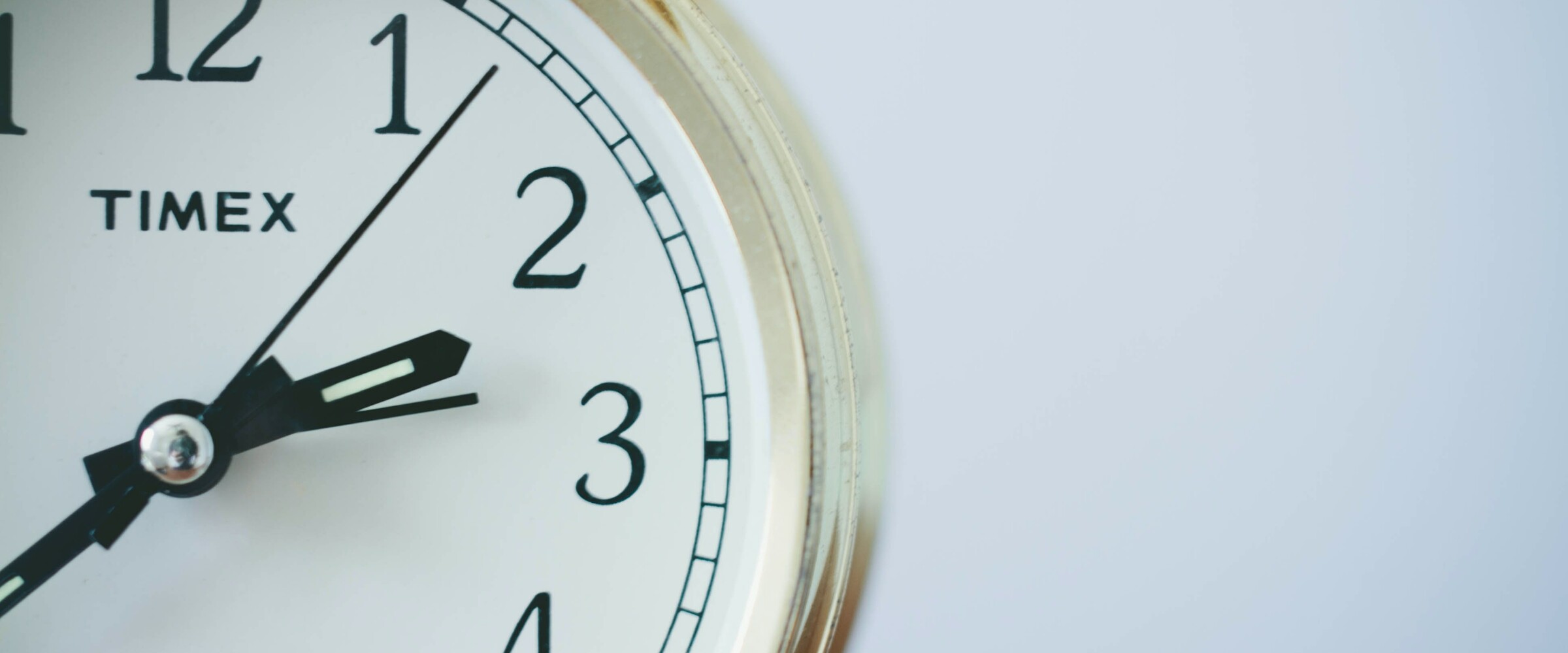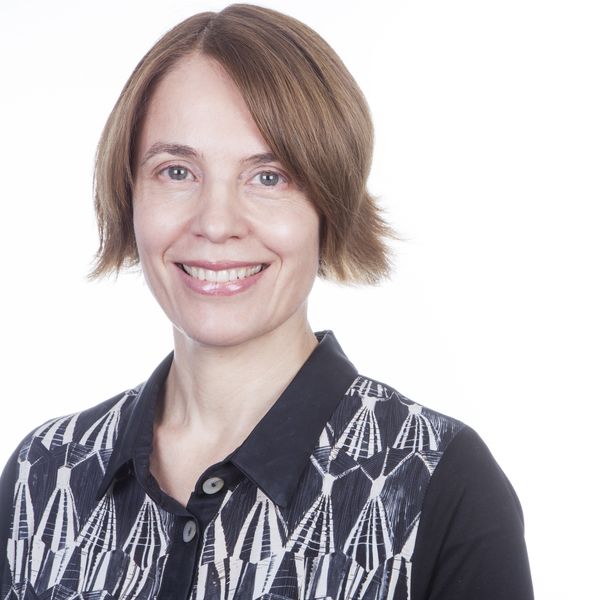
Australian women are increasingly turning to egg freezing to protect their fertility
Egg freezing, originally developed to protect the future fertility of oncology patients before they started their cancer treatment, is now an established fertility preservation technique, with thousands of healthy babies born around the world.
An increasing number of women who are not ready for a baby, haven’t met the right person or have had a change in their relationship status are exploring their options to preserve their fertility for when the time is right.
Why the increasing demand from women for social egg freezing?
Biologically men and women are very different. Women are born with a finite number of eggs which drastically decrease by their mid to late 40s, and for some women the only options will be to use donor eggs or eggs that they were fortunate to have frozen at a younger age. Although men also experience an age related decline in fertility it is less marked and many men will produce sperm well into their 60s and beyond.
The initial egg freezing techniques were technically challenging with poorer results and thus reserved mainly for women at significant risk of infertility, such as pre chemotherapy treatment. Over the last few years, however, egg freezing has come of age and the newer fast freezing (vitrification) method allows for greater egg survival and an increased chance of fertilisation, pregnancy and ultimately a baby.
What is the typical pregnancy rate after egg freezing?
‘Success’ from egg freezing, defined as the chance of an ongoing pregnancy, is strongly dependent on the quality of the egg at time of freezing. Egg quality is overwhelmingly determined by an individual woman's genetic make-up and her age, meaning the probability of ‘success’ for each individual can be quite different. On average for every 10 - 15 eggs frozen by someone under the age of 35, a pregnancy could be expected.
However it is important to bear in mind that factors such as smoking, poor diet, obesity and chronic medical conditions, such as diabetes and high blood pressure, all impact fertility and will therefore reduce the chance of a successful outcome.
Awareness of egg freezing amongst Australian women
A 2016 study1 of Australian women highlighted that 95% were aware that they could freeze their eggs in order to preserve their fertility. In fact, one in six of the women surveyed knew someone who had frozen their eggs to increase their options for a family in the future.
The overwhelming majority, 78% of women surveyed, believed more should be done to inform women about how egg freezing can protect their future fertility, with 67% believing that fertility education in schools should be improved.
- Dr Manuela Toledo
The majority of women said they would consider freezing eggs to preserve their fertility for reasons including:
- Not yet having met 'Mr. Right', but not wanting to miss out on becoming a mother, and
- Wanting to be financially secure before having a family.
Considering egg freezing?
There is no guarantee of a pregnancy from your frozen eggs, however for women freezing eggs in their 30s this gives them additional opportunities for a pregnancy later in life.
Anecdotally many women who have frozen eggs report a sense of empowerment and this allows them to socialise and date without constantly being on the look-out for ‘Mr. Right’. Preliminary data suggests that a number of women will not need to use their frozen eggs as they subsequently conceive spontaneously.
If you are in your mid 30s and are not ready to conceive, but would like to have a baby in the future, you should consider talking to your GP or fertility specialist about what your options are. We are seeing increasing numbers of women for the first time in their early 40s and for many of these women it may be too late to preserve their fertility. There are simple blood tests that can be done in your 30s to assess your fertility, and combined with your personal and family medical history, your fertility specialist can give you an estimate of your chances of conceiving with and without egg freezing.
If you do plan to have children one day, but not today, the single most important piece of advice is - don't leave it too late »
Find out more: Egg Freezing in QLD, Egg Freezing in NSW, Egg Freezing in VIC, Egg Freezing in TAS
Written by Dr Manuela Toledo, Fertility Specialist at Melbourne IVF
References: 1 Study of 1000 single Australian women aged 18-45, independently conducted in March 2016 by Research Now on behalf of Virtus Health.
